Às vezes, em situações deprimentes,
nos questionamos sobre Deus. Frente a injustiças, desgraças, perdas e até
tormentos geopolíticos, nós nos perguntamos se existe realmente Deus, e por que
ele não interfere para que nós ou outras pessoas paremos de sofrer tanto. Este
mesmo questionamento foi feito por um pastor em uma pequena cidade sueca, no
filme de Bergman “Luz de Inverno”, de 1963.
Sometimes, in very sad situations, we ask ourselves
about God. In the face of injustices, disgraces, loss and even geopolitical
turmoil, we wonder if there is really a God, and why he isn’t interfering to
make us or other people from suffering. This same question was made by a pastor
in a small Swedish city in 1963, in Bergman’s “Winter Light”.
O filme é relativamente curto - 81
minutos - e os primeiros doze minutos são gastos com o sacramento católico da
comunhão / eucaristia durante uma missa. Há uma razão para isso: o título
original em sueco, que é muito difícil de pronunciar, pode ser traduzido como
“Luz de Inverno” e também como “os Comunicantes” - ou seja, as pessoas que
tomam parte na Comunhão.
The film is relatively short - 81 minutes - and the
first twelve are spent with the Christian ritual of communion / Eucharist
during a mass. This has a reason: the hard to pronounce original title in
Swedish can be translated as both “Winter Light” and “the Communicants” - that
is, the people who take part in the Communion.
Estes Comunicantes procuram pelo
pastor Tomas Ericsson (Gunnar Björnstrand) para que ele os ajude após a missa.
Karin Persson (Gunnel Lindblom) pede que o pastor converse com seu marido com
tendências suicidas, Jonas (Max von Sydow). Jonas é um pescador com uma grande
família, mas após ouvir sobre o desenvolvimento de bombas atômicas na China,
ele passa a se questionar o significado da vida e sobre a existência de Deus.
Those Communicants look for pastor Tomas Ericsson
(Gunnar Björnstrand) for help after the mass. Karin Persson (Gunnel Lindblom)
asks the pastor to have a talk with her suicidal husband, Jonas (Max von
Sydow). Jonas is a fisherman with a large family, but since hearing about the
development of atomic bombs in China, he is questioning the meaning of life and
the existence of God.
O problema é que o pastor Tomas pode
não ser a pessoa ideal para dar conselhos espirituais para Jonas. Tomas também
está questionando sua fé, e ainda tem de lidar com a atenção não requisitada da
professora e ajudante Märta Lundberg (Ingrid Thulin). Ela não foi conversar com
ele depois da missa, mas deixou uma carta. Em uma escolha muito sábia de
Bergman, o conteúdo da carta é lido não por Ingrid em voiceover, mas por Ingrid
em close-up, como um testemunho - um testemunho do qual não podemos tirar os
olhos.
The problem is that pastor Tomas may not be the
ideal person to give Jonas spiritual advice. Tomas is also questioning his
faith, and also has to deal with the unrequited attention from the teacher and
helper Märta Lundberg (Ingrid Thulin). She didn’t talk to him after the mass,
but left him a letter. In a very wise choice from Bergman, the content of the
letter is read not by Ingrid in voiceover, but by Ingrid in a close-up, like a
testimony - one we can’t take our eyes off.
Outra escolha sábia se dá quando
vemos a luz de Inverno pra valer: é óbvio que há uma mudança na iluminação quando,
depois de conversar com Jonas, Tomas pergunta: “Deus, por que me abandonaste?”.
E, se você tem familiaridade com a doutrina cristã, aqui está a chave para
interpretar o filme: talvez, no final das contas, o pastor Tomas não acredite
naquilo que prega.
Another wise choice is when we really see a winter
light: it’s obvious the change of lighting that happens when, after talking to
Jonas, Tomas asks: “God, why have you forsaken me?”. And, if you are familiar
with the Christian doctrine, here you have the key to interpret the movie:
maybe, after all, pastor Tomas isn’t a true believer.
Obviamente, Bergman é um cineasta que
faz filmes complexos. As pessoas podem ter diferentes interpretações de sua
obra - e eu penso que isto é fascinante. Na minha opinião, quando o ajudante
deficiente da igreja Frövik (Allan Edwall) fala sobre a paixão de Cristo, ele
não mostra apenas que ele é o único cristão de verdade naquela igreja, mas
também revela todos nós temos nossas paixões para enfrentar.
Of course, Bergman is a filmmaker who makes complex
movies. People can have several interpretations of his work - and I find it
fascinating. In my opinion, when the handicap church helper Frövik (Allan
Edwall) talks about Jesus’ passion, he does not only show how he is the only
truly believer in that church, but he also reveals that we all have our
passions to go through.
“Luz de Inverno” é a história de
muitas paixões: a de Tomas, a de Jonas, a de Märta. Nós podemos não saber se
nossa paixão já aconteceu no passado ou se estamos prestes a enfrentá-la, mas
todos nós temos um momento crucial na vida em que também perguntamos: “Deus,
por que me abandonaste?”.
“Winter Light” is the story of many passions:
Tomas’s, Jonas’s, Märta’s. We may not know if our passion already happened in
the past or if we are about to face it, but we all have one crucial moment in
life when we too ask: “God, why have you forsaken me?”.
This is my contribution to the Winter in July blogathon, hosted by Debbie at Moon in Gemini.
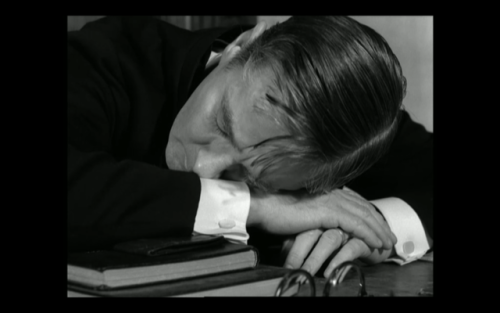
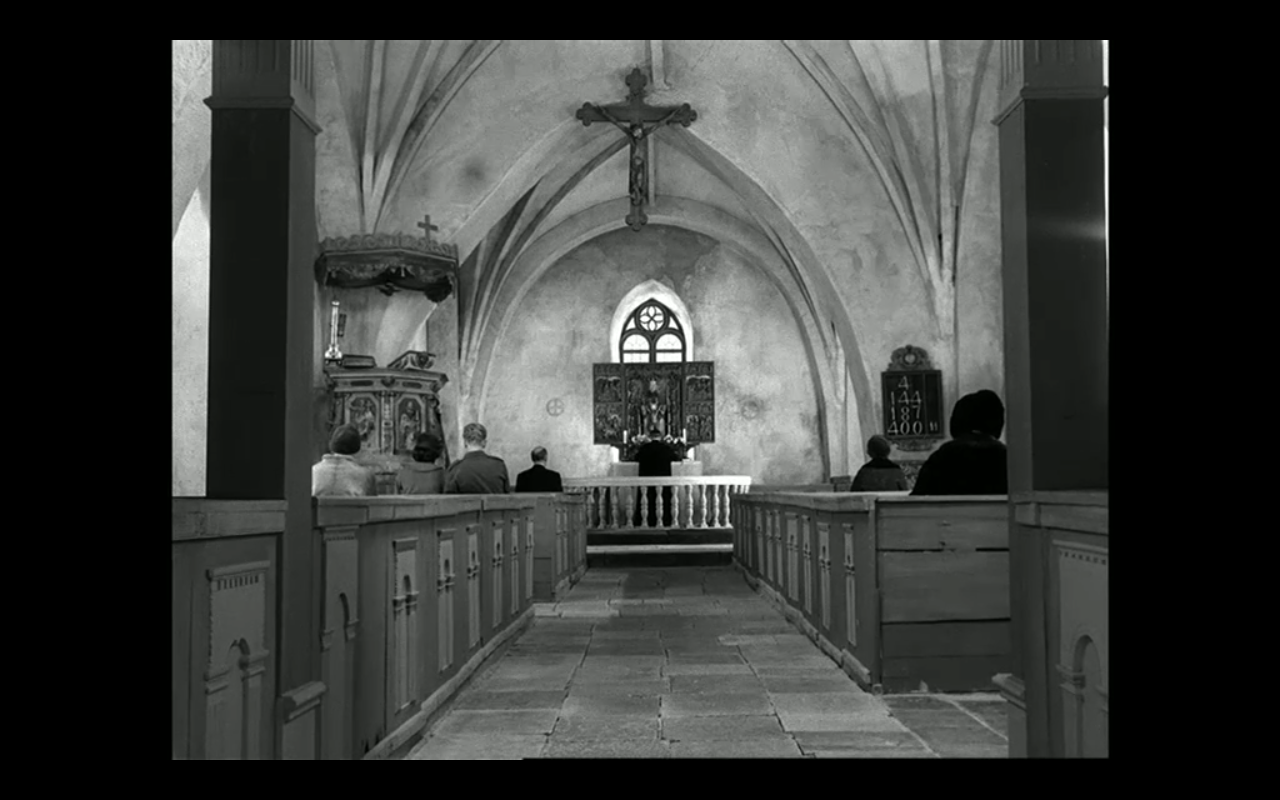
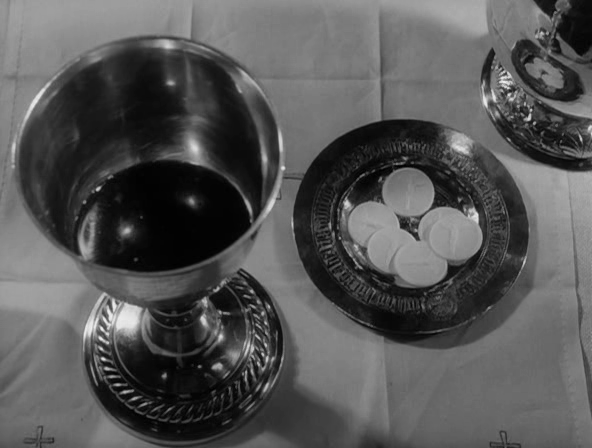
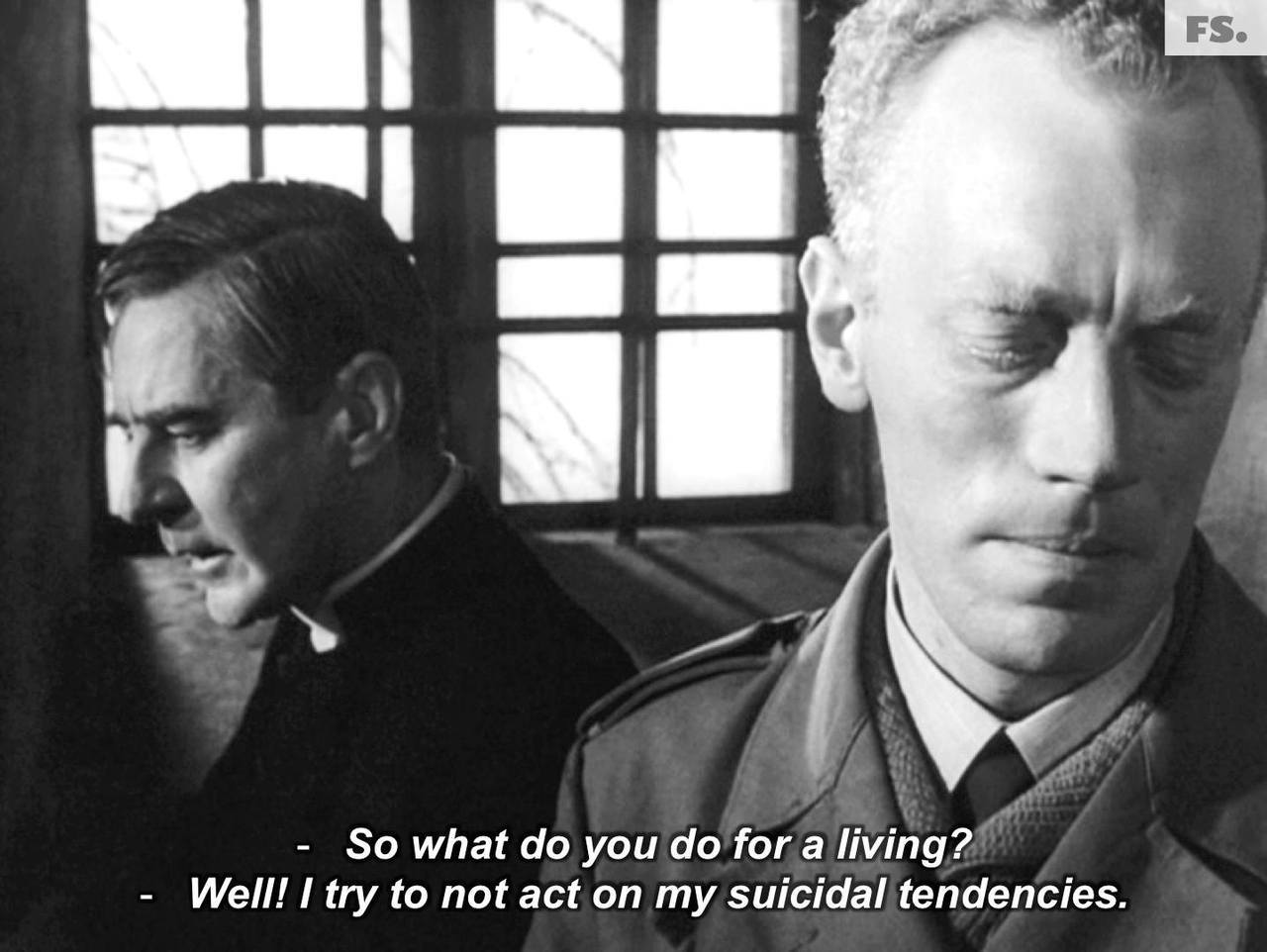
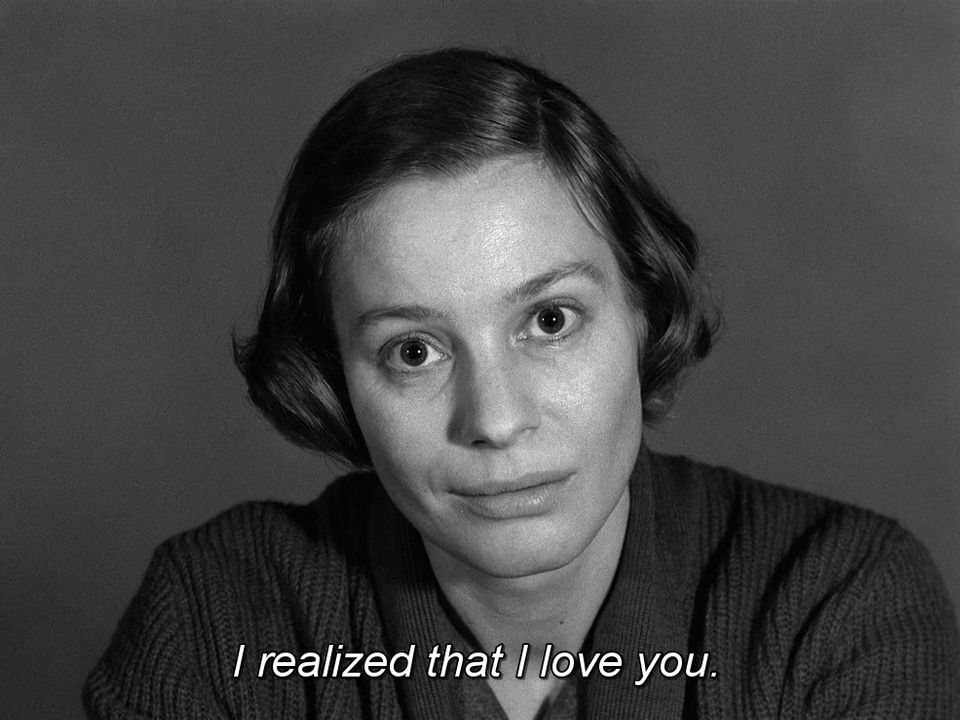
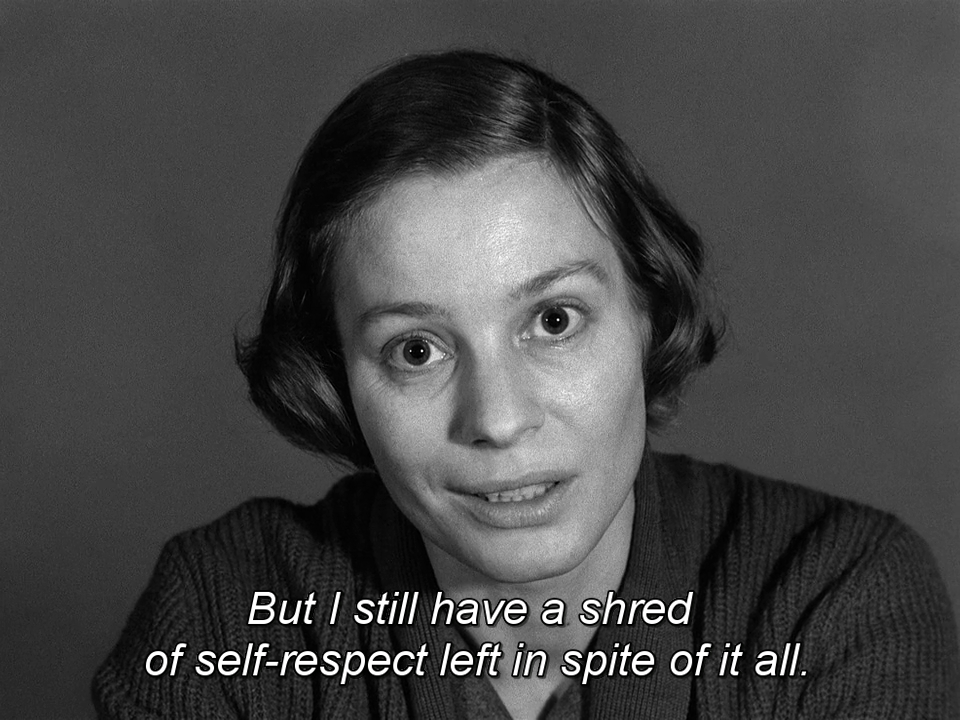
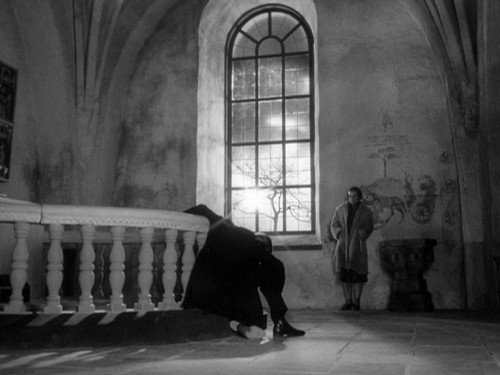
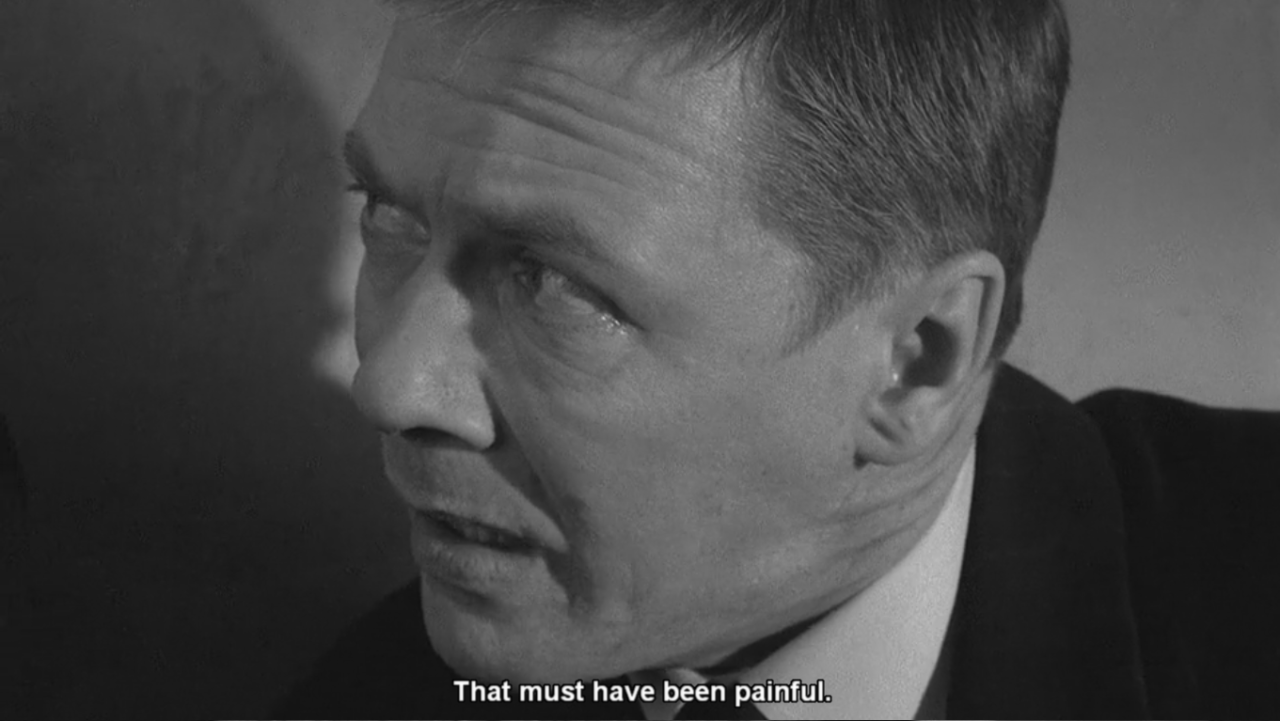


2 comments:
You make this film sound compelling and important in its universality. Winter is like the night, a time when our fears easily surface, especially that fear that we are alone.
Not the biggest Bergman fan, but you make this film sound fascinating and a perfect use of the winter setting.
Thanks so much for covering a chilly winter movie while it's winter where you are! :)
Post a Comment